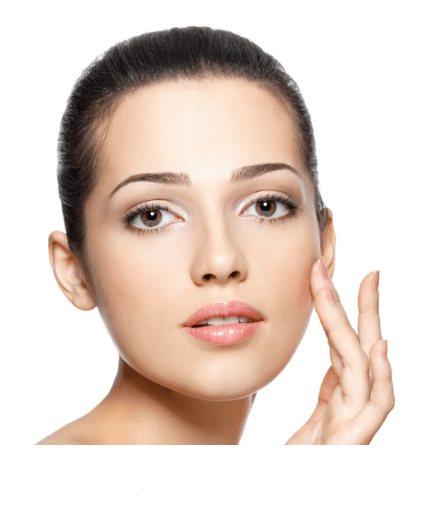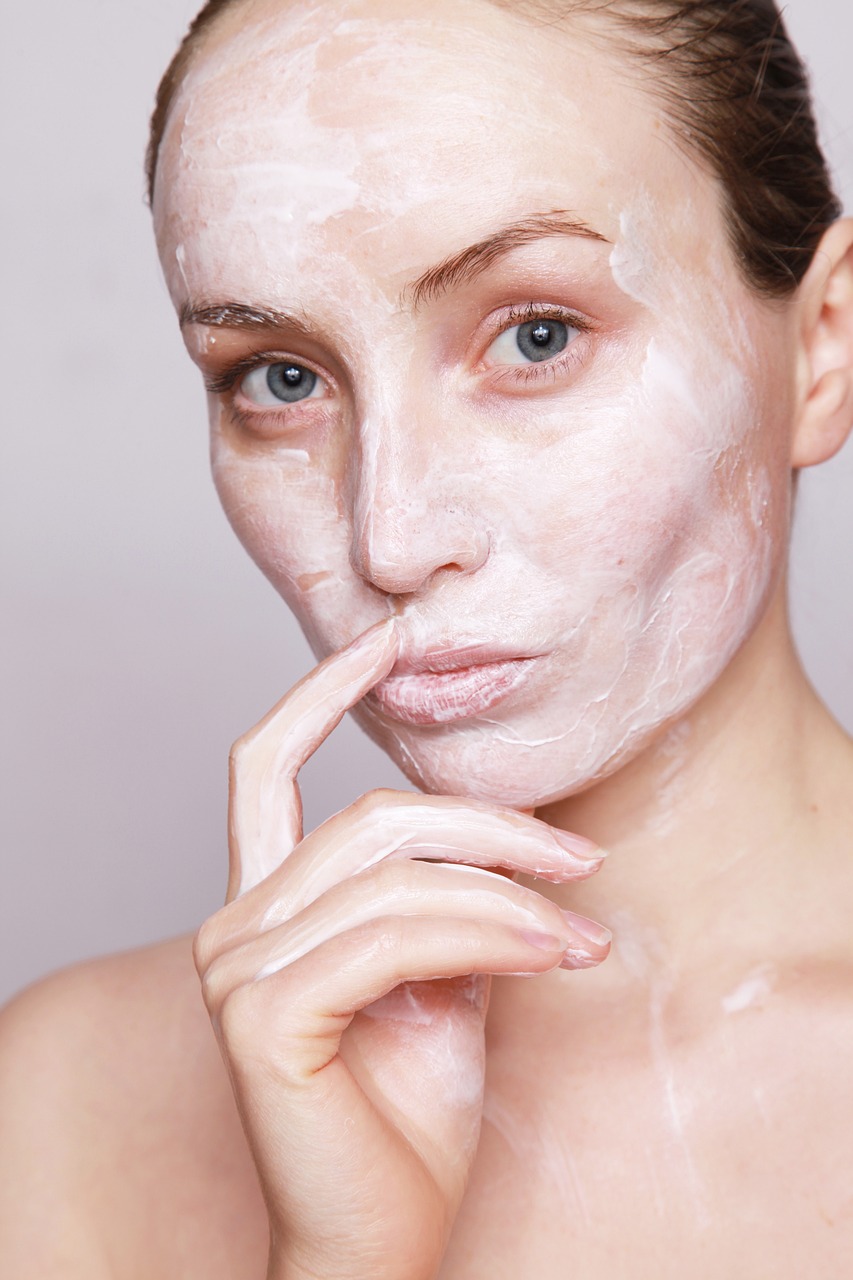When it comes to skincare, misinformation spreads fast. From laser hair removal misconceptions to sunscreen myths, many people unknowingly follow skincare advice that does more harm than good. Let’s debunk five common skincare myths and uncover what actually works, backed by dermatologists.
Myth #1: Laser Hair Removal Doesn’t Work on Dark or Light Hair
The Myth: Laser hair removal is only effective for people with fair skin and dark hair. ✅ The Truth: Modern advanced laser technology like Nd:YAG and diode lasers work effectively on all skin tones. While results vary based on hair color and thickness, multiple sessions can achieve significant hair reduction even for lighter or finer hair.
Dermatologist Tip: The best candidates have contrast between hair and skin, but newer lasers make treatments safe and effective for all complexions.
Myth #2: You Don’t Need Sunscreen on Cloudy Days or Indoors
The Myth: If it’s cloudy or you’re indoors, sunscreen isn’t necessary. ✅ The Truth: Up to 80% of UV rays penetrate clouds, and indoor light exposure (from screens, bulbs, and windows) can still cause skin damage and aging. Blue light from devices also contributes to premature aging and hyperpigmentation.
Dermatologist Tip: Use a broad-spectrum sunscreen (SPF 30 or higher) daily, even if you’re inside. Reapply every 2-3 hours, especially if near windows or screens.
Myth #3: Anti-Aging Treatments Are Only for Older Skin
The Myth: Anti-aging skincare is only needed after wrinkles appear. ✅ The Truth: Collagen production starts declining in your 20s, leading to early fine lines and sagging. Preventative skincare, including retinol, antioxidants, and professional treatments, helps maintain youthful skin longer.
✨ Best Early Anti-Aging Treatments: ✔️ Retinol & Peptides – Boost collagen & cell turnover
✔️ Hydrafacials & Skin Boosters (Profhilo, Rejuran) – Enhance hydration & elasticity
✔️ HIFU & RF Microneedling – Prevents sagging and wrinkles before they appear
Dermatologist Tip: Start anti-aging skincare in your mid-20s to prevent premature wrinkles and maintain firm, glowing skin.
Myth #4: Popping Pimples Helps Them Heal Faster
The Myth: Squeezing or popping pimples speeds up healing. ✅ The Truth: Popping pimples causes scarring, inflammation, and bacterial spread, leading to more breakouts. Proper acne treatment includes topical treatments, oral medications, and in-clinic procedures.
✨ Effective Acne Solutions: ✔️ Salicylic Acid & Benzoyl Peroxide – Unclog pores and kill acne bacteria
✔️ Chemical Peels & LED Light Therapy – Reduce breakouts and post-acne marks
✔️ Microneedling with PRP – Helps with acne scars
Dermatologist Tip: If you have persistent acne, consult a dermatologist for customized treatment options instead of DIY popping.
Myth #5: Natural or DIY Skincare Is Always Better
The Myth: Natural ingredients like lemon, baking soda, and toothpaste are safer and more effective than clinical skincare. ✅ The Truth: While some natural ingredients have benefits, many DIY skincare hacks can damage your skin. For example:
- Lemon juice – Highly acidic and causes burns & pigmentation
- Baking soda – Disrupts skin’s natural pH balance, leading to irritation
- Toothpaste on pimples – Contains harsh chemicals that worsen breakouts
Dermatologist Tip: Stick to dermatologist-approved products that are scientifically formulated for safety and efficacy.
Final Thoughts: Follow Science, Not Skincare Myths
By debunking these common skincare myths, you can make smarter choices for healthier, glowing skin. Trust dermatology-backed treatments over viral skincare trends, and always consult an expert before trying new products or procedures.
By debunking these common skincare myths, you can make smarter choices for healthier, glowing skin. Trust dermatology-backed treatments over viral skincare trends, and always consult an expert before trying new products or procedures.By debunking these common skincare myths, you can make smarter choices for healthier, glowing skin. Trust dermatology-backed treatments over viral skincare trends, and always consult an expert before trying new products or procedures.

